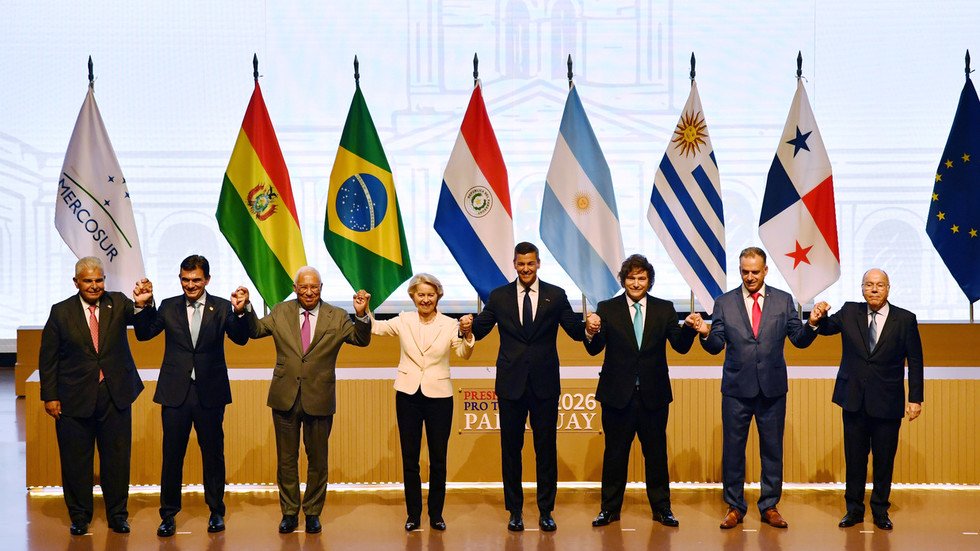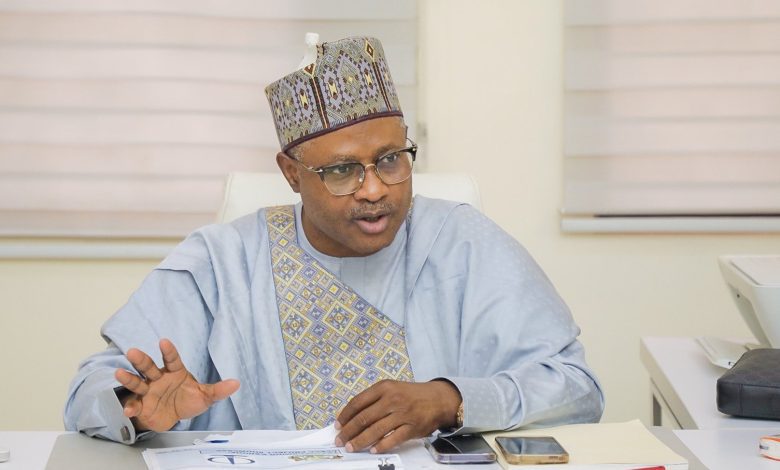In a scathing critique, former Nigerian presidential candidate Peter Obi has lambasted the administration of President Bola Tinubu, accusing it of widespread corruption and undermining the country’s democratic principles. Obi, who ran for president under the Labour Party in the last election, made these remarks at a memorial service for the late Edwin Clark in Abuja.
At the heart of Obi’s criticism is the alleged pervasive theft of public funds, which he believes has become a defining characteristic of Tinubu’s government. This, according to Obi, is a stark contrast to the sacrifices made by past leaders like Yakubu Gowon, Nigeria’s former military Head of State, whom Obi described as a saint in comparison to the current president. Obi’s comments come after he was criticized for speaking out against the state of the nation a few days prior, with some accusing him of tarnishing Nigeria’s image.
Obi vehemently disagrees with such assessments, arguing that the truth about the state of the country needs to be told. “We have a country now that’s not democratic. We are not a democratic country, let’s tell ourselves the truth,” he emphasized. Reflecting on the legacy of General Gowon and other past leaders, Obi lamented that their sacrifices have been in vain, given the current state of affairs. “General Gowon, you sacrificed everything. But the country you people sacrificed for has become a crime scene,” Obi said, highlighting the stark difference between the ideals of the past and the reality of the present.
Obi’s statement that “what we see today is stealing, stealing, stealing” underscores his belief that corruption has become endemic under the current administration. This sentiment echoes concerns about transparency and accountability in government, issues that are crucial for Nigeria’s development and its standing on the global stage. As the country navigates its challenges, voices like Obi’s bring attention to the need for good governance and the protection of democratic values. The international community watches with interest as Nigeria, a significant player in African politics and economy, addresses these internal challenges, striving for a future where the sacrifices of its past leaders are honored through the realization of a more just and equitable society.

![afcon 2025 morocco nigeria egypt football celebration Nigeria take bronze as Morocco and Senegal set up AFCON final [Football Now]](https://mediatalkafrica.com/wp-content/uploads/2026/01/AFCON-2025-Morocco-Nigeria-Egypt-Football-Celebration.jpg)

